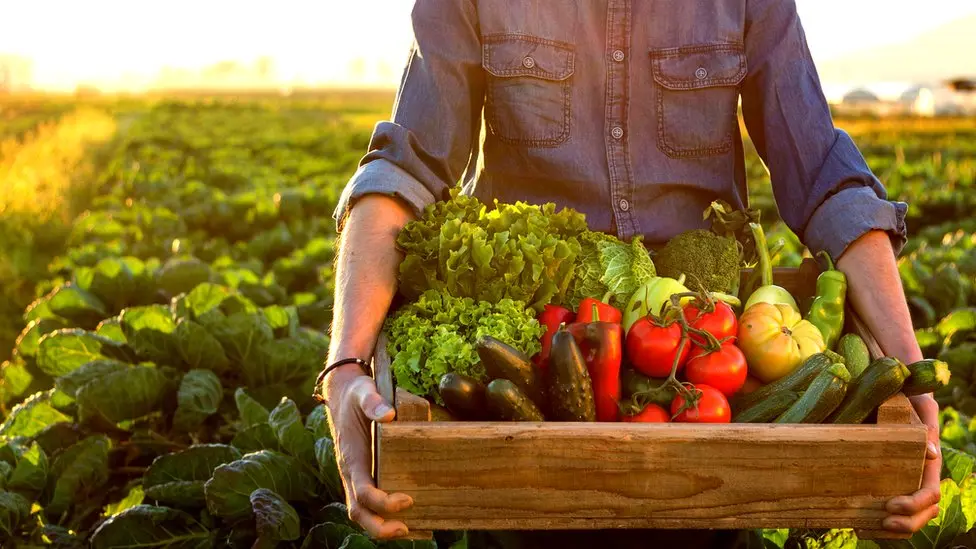The Research Institute of Organic Agriculture (FiBL) and Agroscope have released the results of a 40-year study on organic farming, highlighting its role in improving soil fertility, increasing biodiversity, and reducing environmental impact. This long-term trial, known as the DOK experiment, confirms that organic production is an efficient and sustainable alternative to conventional agriculture.
Organic Farming: A Key to Soil Health
The DOK trial compares three agricultural systems: biodynamic (BIODYN), bio-organic (BIOORG), and conventional (CONFYM). These systems simulate farms with arable crops and livestock.
According to the study’s findings, soils managed under organic farming systems contain higher levels of humus and exhibit greater biological activity, improving soil structure and water retention capacity. This contributes to increased resilience to extreme weather conditions and ensures more stable agricultural production in the long term.
Despite these advantages, the study reveals that organic farming yields reach, on average, 85% of those obtained in conventional systems. However, this difference can be mitigated through improved management strategies, such as greater crop diversification and optimized nutrient use.
Biodiversity and Sustainability: Proven Benefits
One of the most significant findings is the positive impact of organic farming on biodiversity. The study observed a higher number of soil microorganisms, which supports healthier agricultural ecosystems. Additionally, the reduced use of synthetic fertilizers and chemical pesticides helps prevent water contamination and environmental degradation.
Challenges and Opportunities for the Future
The study highlights the need to improve phosphorus supply in organic farming to increase yields without compromising sustainability. It also emphasizes that crop diversification and the integration of agroecological practices can further enhance the benefits of organic farming systems.
The future of agriculture relies on a regenerative and responsible approach. Choosing organic certification with LETIS not only strengthens the sector’s sustainability but also creates new commercial opportunities and builds consumer trust in certified products.
For a more in-depth analysis of the data and trends, we invite you to read the full report at the following LINK.

